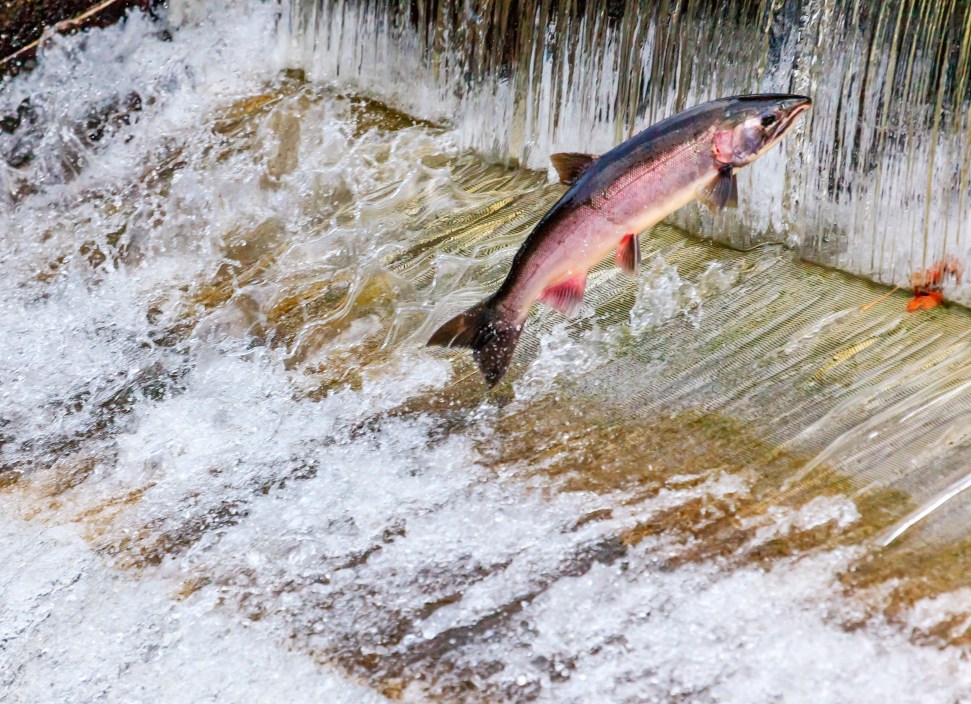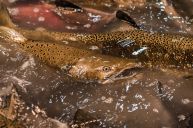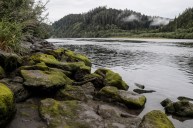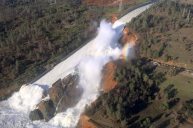The Columbia River Basin in Washington was once the greatest salmon-producing river system in the world. But salmon numbers have been sharply declining there for over 150 years, thanks to damming the river for hydropower, pollution, and overfishing. As the fish disappear, so do the traditions and subsistence of the Native American tribes that have called the area home for thousands of years.
On February 23, the Biden administration and the leaders of four Columbia River Basin Native American tribes, as well as the governors of Oregon and Washington, took a huge step in conserving and protecting what is left of the salmon population. The groups signed papers to formally launch a $1 billion plan to recover the struggling Pacific Northwest salmon populations.
The plan was originally announced in December. It stops short of calling for the removal of four controversial dams on the Snake River, which flows into the Columbia. However, it does set into motion actions that will boost clean energy production and help offset hydropower and transportation, should Congress ever agree to remove the dams, as tribal leaders and environmental groups have been urging them to do.
The plan represents the biggest step yet to breaching the four Snake River dams, which block the salmon migration route along the lower Snake River and have turned the lower Snake into a series of warm, shallow lakes that are too hot for migrating salmon.
Yakama Nation Chairman Gerald Lewis was one of four tribal leaders who spoke at the White House complex ceremony where the plan was signed.
"The Yakama Nation will always fight to protect and restore the salmon because, without the salmon, we cannot maintain the health of our people or our way of life," Lewis said, according to Fortune. He applauded the plan, saying, "It lays out a pathway to restore salmon and steelhead to healthy and abundant levels and moves forward with the necessary green energy transition in a socially just and equitable way."
The battle against the dams has raged for decades, with conservation groups suing the federal government more than 20 years ago in an effort to save the salmon. They argued that the operation of the dams violated the Endangered Species Act, as well as 19th-century treaties that ensured the tribes' rights to harvest fish.
Congressional Republicans were not at the celebration on Friday. They oppose the dam breaching and have promised to block it.
READ MORE: Are Alaska's King Salmon Going Extinct? Either Way, a Fight Is Brewing




